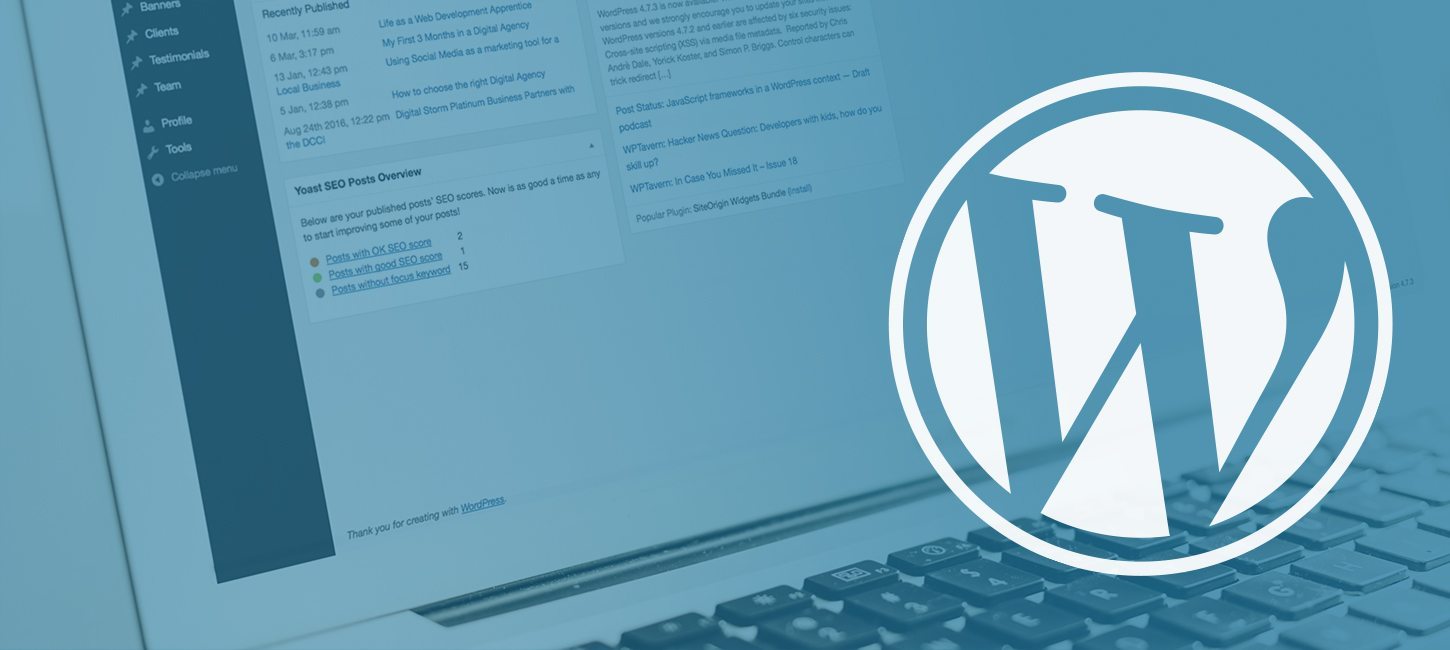10 Essential Steps to Ensuring the Secret of WordPress Security

As the popularity of WordPress continues to grow, so does the need for ensuring its security. With millions of websites relying on this powerful platform, it has become a prime target for hackers and malicious actors. In this comprehensive guide, we will delve into the essential steps you can take to safeguard your WordPress website and keep it protected from potential threats. Let’s explore the secret to ensuring WordPress security.
1. Stay Updated: The Foundation of Security
The cornerstone of a secure WordPress website is staying up-to-date. Regularly update your WordPress core, themes, and plugins to the latest versions. Developers frequently release updates that address security vulnerabilities and strengthen the overall security of the platform. Ignoring updates could leave your site exposed to potential threats.
2. Fortify with Strong Passwords
One of the simplest yet most effective ways to enhance your WordPress security is by using strong passwords. Avoid common passwords and use a combination of uppercase and lowercase letters, numbers, and special characters. Additionally, consider using a reputable password manager to handle and generate complex passwords securely.
3. Limit Login Attempts
Brute force attacks are a common technique used by hackers to gain unauthorized access to WordPress sites. Implementing login attempt limits can significantly reduce the risk of such attacks. By restricting the number of login attempts, you make it difficult for malicious actors to guess passwords through automated tools.
4. Two-Factor Authentication (2FA)
Adding an extra layer of protection through two-factor authentication can significantly bolster your website’s security. 2FA requires users to provide a second form of verification, such as a one-time code sent to their mobile device, in addition to their password. This ensures that even if a password is compromised, the account remains secure.
5. Protect the Admin Directory
The WordPress admin directory is a prime target for hackers. By default, it can be accessed through “/wp-admin,” making it susceptible to brute force attacks. To enhance security, consider changing the default admin directory to a custom name that only you know.
6. Regular Backups: A Safety Net
Backing up your WordPress website regularly is a crucial safety net against potential security breaches or data loss. In the event of an attack or a technical issue, having a recent backup will enable you to restore your website to a stable and secure state.
7. Utilize Secure Sockets Layer (SSL) Certificate
Securing sensitive data is essential, especially if your website handles user information. Implementing an SSL certificate encrypts data transmitted between your users’ browsers and your server, making it challenging for hackers to intercept and decipher.
8. Protect against SQL Injection
SQL injection attacks are a prevalent method used by hackers to exploit vulnerabilities in websites. To prevent such attacks, ensure all your WordPress inputs are properly sanitized and validated. Using parameterized queries and prepared statements can mitigate the risk of SQL injection.
9. Choose Reliable Hosting
The choice of hosting provider can significantly impact your website’s security. Opt for a reputable hosting service that provides regular security updates, server monitoring, and robust firewall protection.
10. Monitor and Audit Regularly
Continuous monitoring and auditing of your website’s security is crucial. Implement security plugins or services that actively scan for vulnerabilities and suspicious activities. Regularly review your website’s security logs to detect and address potential threats promptly.
Conclusion
Ensuring WordPress security is not a one-time task but an ongoing process that requires vigilance and proactive measures. By staying updated, using strong passwords, enabling two-factor authentication, and following other security best practices, you can create a robust defense against potential threats. Remember, a well-secured website not only protects your data but also enhances user trust and credibility, leading to a successful online presence. Take the necessary steps today to safeguard your WordPress website and enjoy peace of mind as you navigate the digital landscape.


